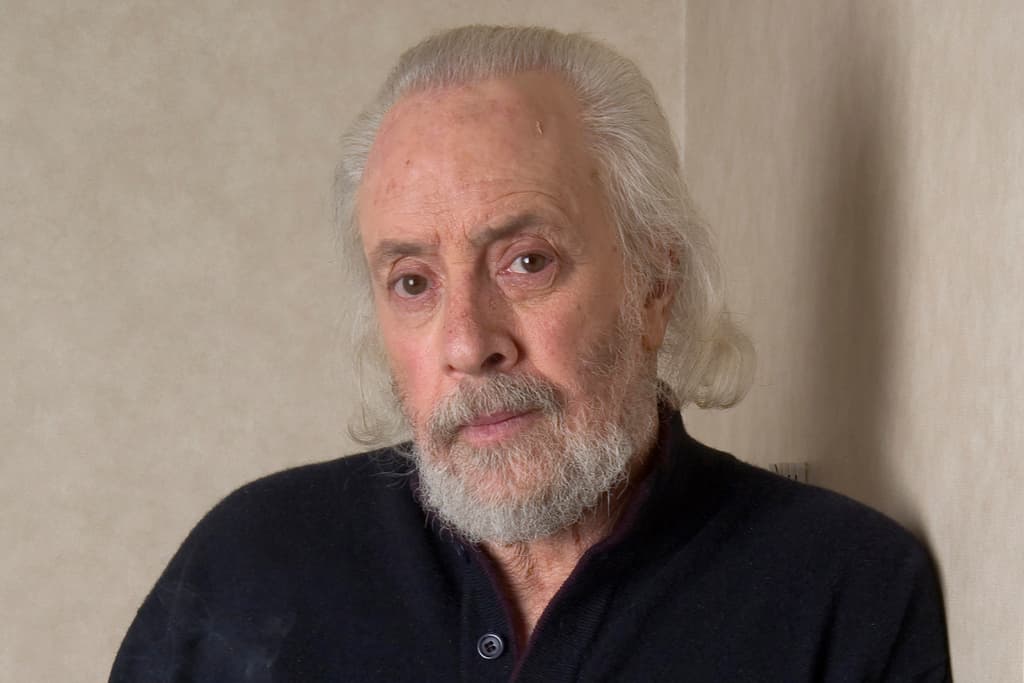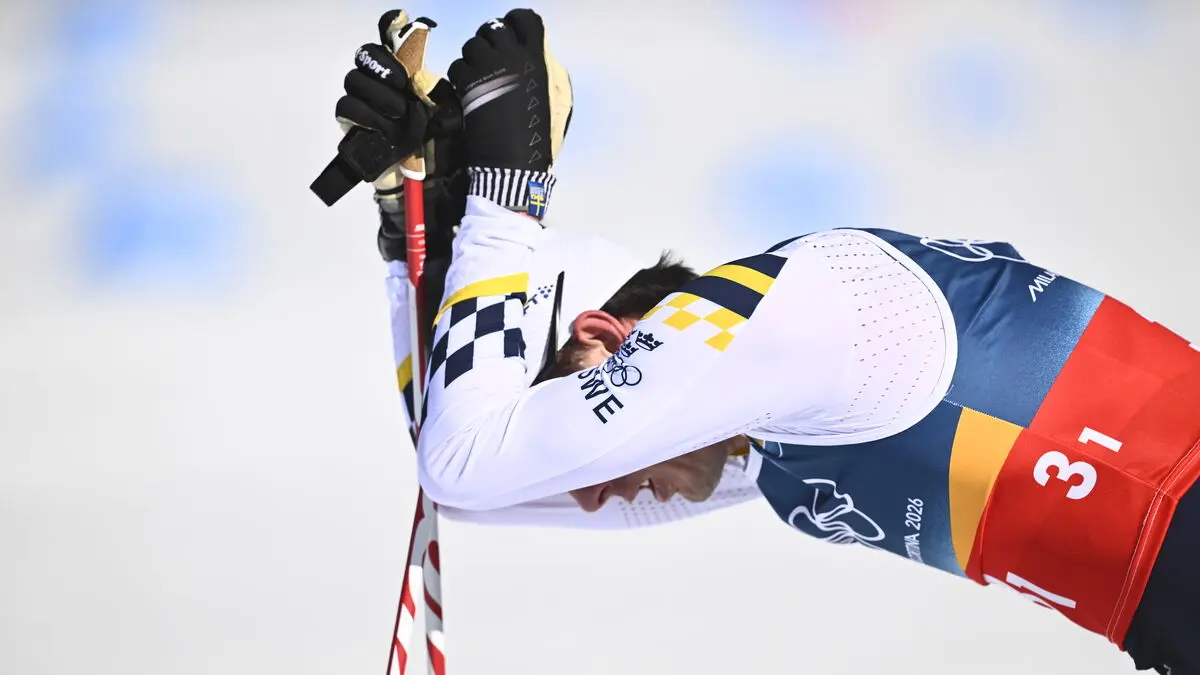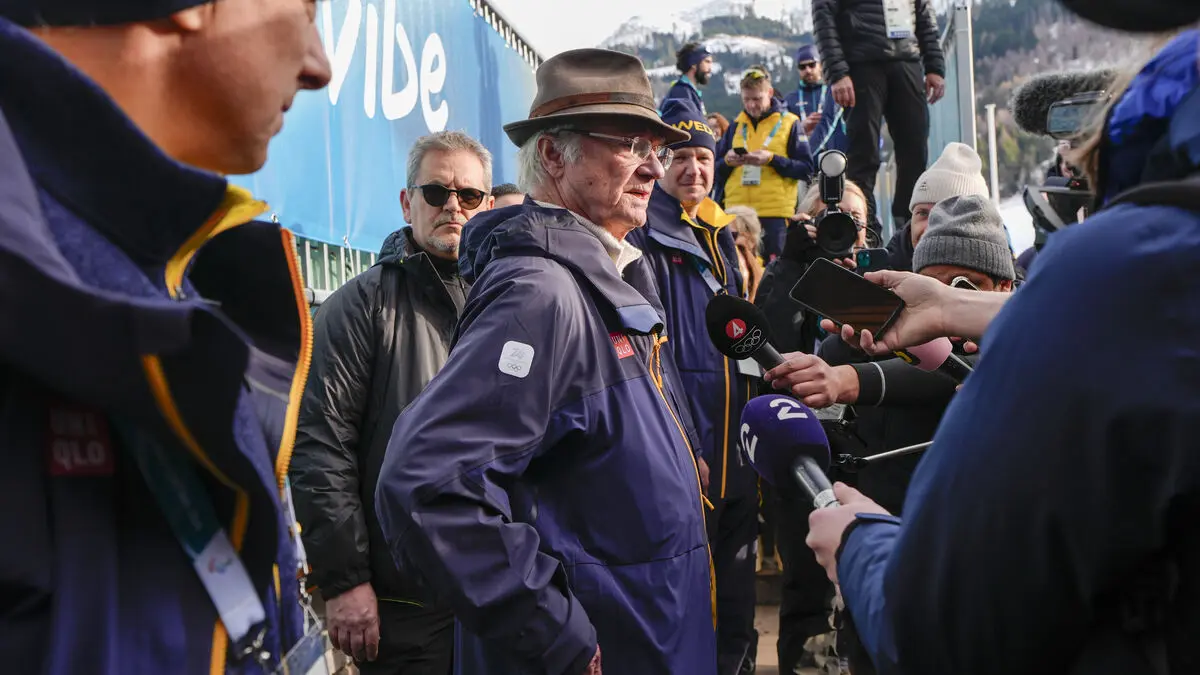Robert Towne, the legendary screenwriter of films from Hollywood's golden era, has died. He was 89 years old, reports Variety.
Towne began his career in the 1960s by writing screenplays for low-budget B-movies for indie producer Roger Corman. In the 70s, he became recognized as a master of his craft and was behind several screenplays for the decade's most distinctive and style-defining films. Examples include Hal Ashby's "The Hard Way" (1973) and "Shampoo" (1975). Most famous is his screenplay for Roman Polanski's noir classic "Chinatown" (1974), which won an Oscar for its screenplay.
Pessimistic Master
Towne became known in Hollywood as a script doctor who could structure and fix "broken" stories. He was called in, among other things, to Warren Beatty's "Bonnie and Clyde" (1967), where he made the ending darker and more pessimistic. An attitude that reappeared in more films and set the tone for the era during the 1970s' "golden era" in Hollywood.
Towne was also honored by Francis Ford Coppola in his acceptance speech at the Oscars, when Coppola had received help from Towne with the screenplay for "The Godfather". Towne had written the touching and important scene between Marlon Brando and Al Pacino in the garden – a scene that was not in Mario Puzo's book.
Praised as Director
Towne also directed, although those films received less attention. The lesbian sports drama "Personal Best" was praised by the iconic film critic Pauline Kael, who wrote that the film was "very smart and subtle, where the authenticity of the details draws in the audience".
Towne himself said that a good screenplay "can be read like a film that already exists".
"Chinatown" is often mentioned as one of the world's best films. A prequel series with David Fincher as director has been bought in by Netflix and the episodes were written by Towne before his death.
Robert Towne was 89 years old.






